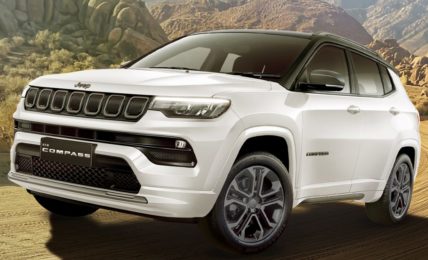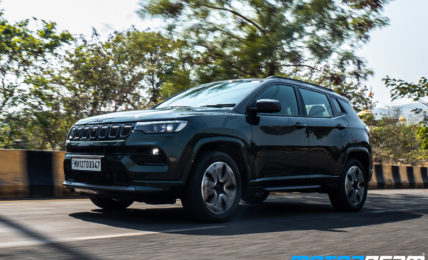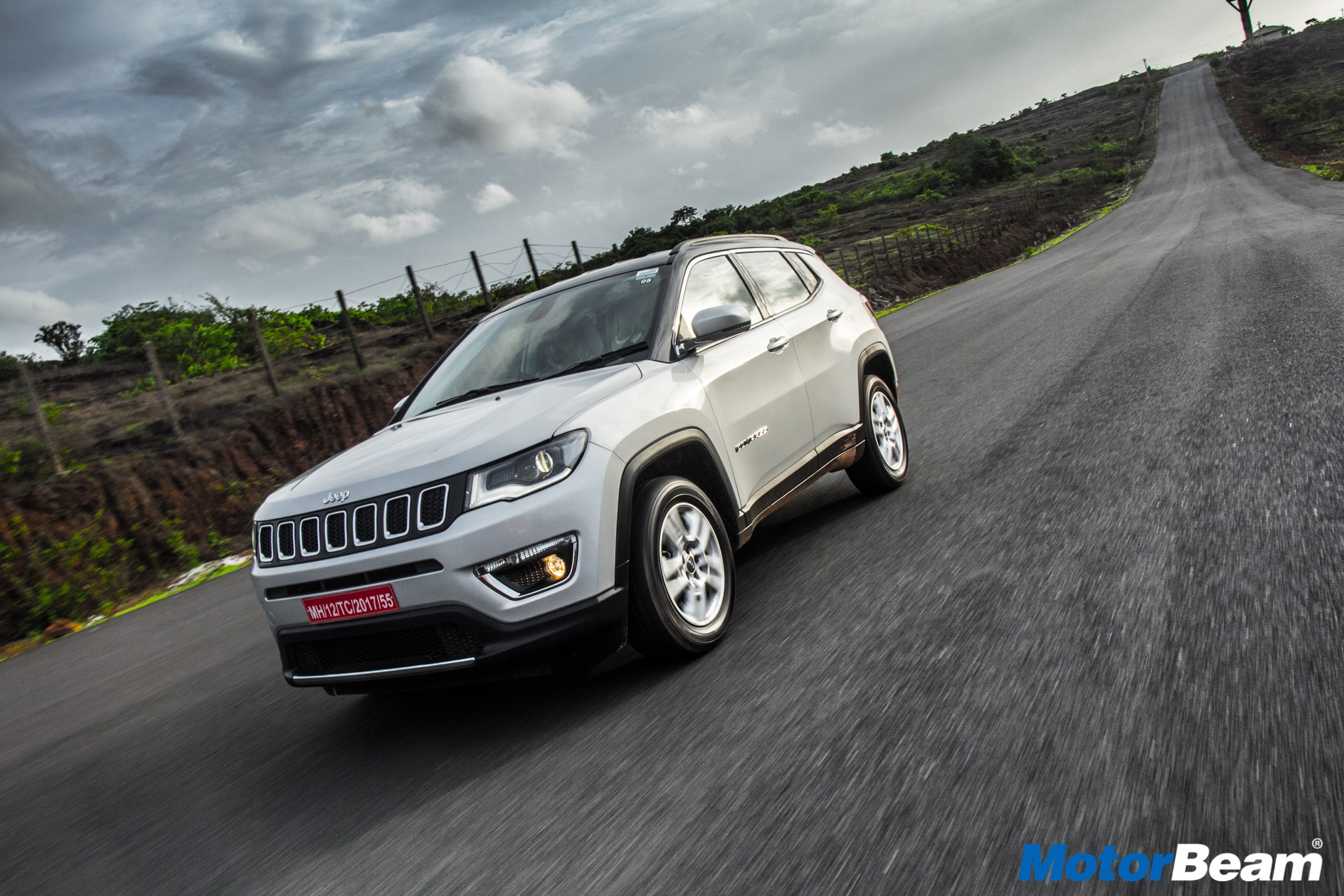The diesel motor is now BS6-compliant and offers linear power delivery
Performance – The diesel engine of the Jeep Compass now complies with BS6 emission norms and the 2.0-litre MultiJet 2 motor is known for having a punchy mid-range, low-end lag and unrefined nature throughout the rev range. In BS6 guise, it still produces the same power of 173 HP and torque of 350 Nm, coming in at the same RPM too. However, Jeep has worked well on the motor to make it refined and more drivable. The oil burner doesn’t have the unrefined character anymore and feels smoother with the low-end punch drastically improved.
9-speed gearbox is slow but very smooth and also has a manual mode
The diesel motor has vastly improved in terms of refinement and low-end lag but it has also lost its mid-range punch
However, the improvements in drivability have come at the cost of the mid-range as it no longer has the kick in the pants feel, instead, overall power delivery is more linear. The new 9-speed torque converter gearbox is smooth with shifts but not the quickest and sometimes doesn’t upshift when it should. You can manually take control of the gears using the tiptronic function on the gear lever (there are no paddles) which makes the gearbox upshift around 4500 RPM instead of 4000 RPM, it won’t hold onto a gear though. Fuel economy is between 10-12 km/hr with single-digit numbers being witnessed in stop-go city driving.
Ride quality is outstanding and the steering also offers good feedback
Driving Dynamics – The Jeep Compass has always been a potent SUV, one which strikes a great balance between ride and handling, and this model is no different. The steering is responsive and offers good feel and feedback, body roll is well contained although it’s present and can be felt when you push hard around the corners. The ride is fab and the suspension does a great job of isolating the worst of roads but with 18-inchers on the Compass Limited Plus (TrailHawk uses 17-inchers with a bigger sidewall), the car does thud through big potholes. High-speed stability is good and the brakes are strong too.




